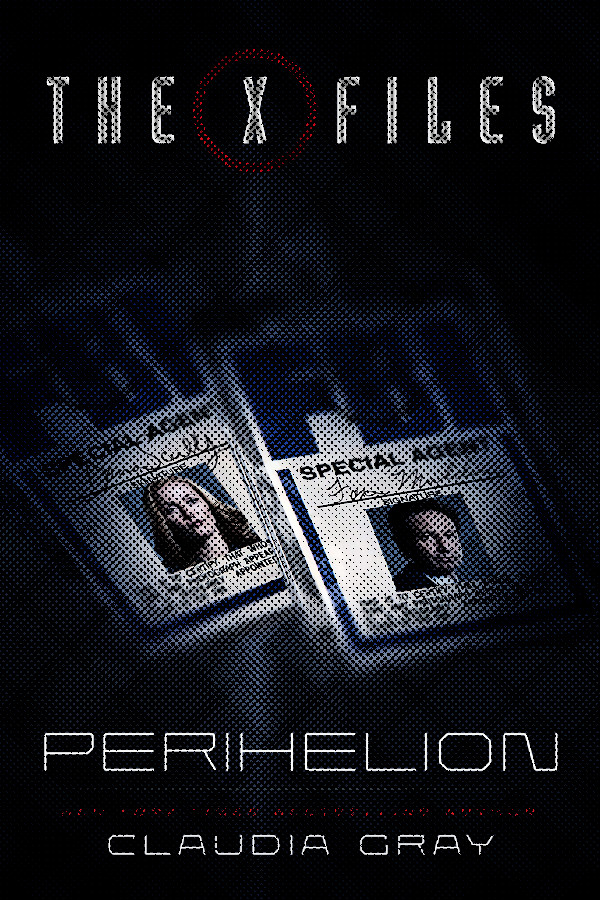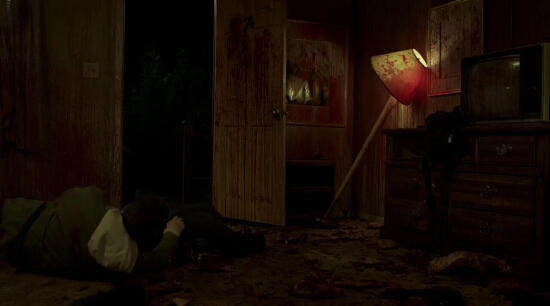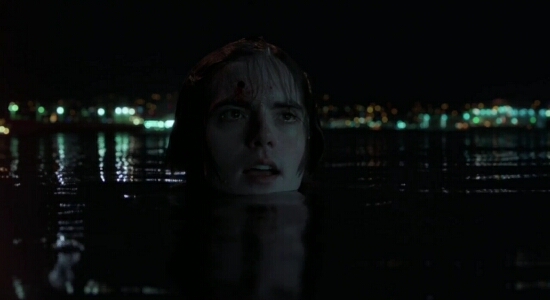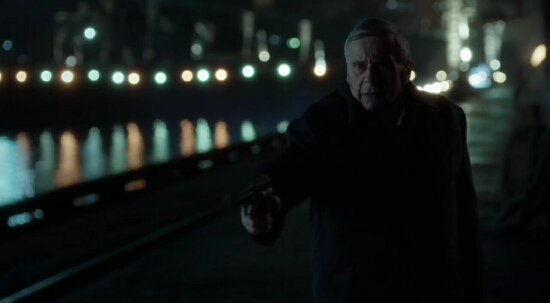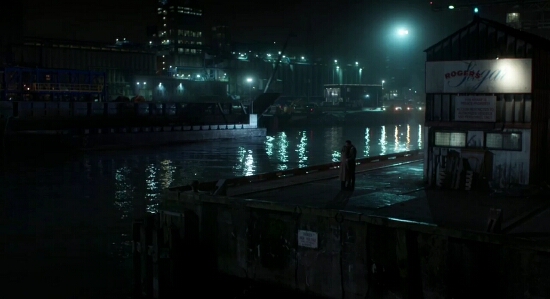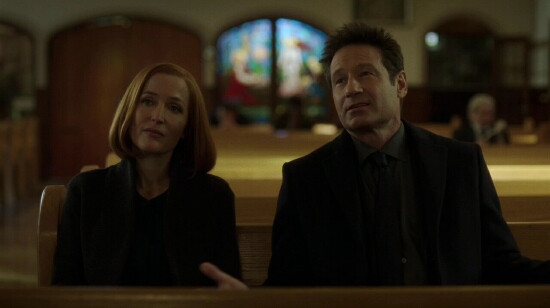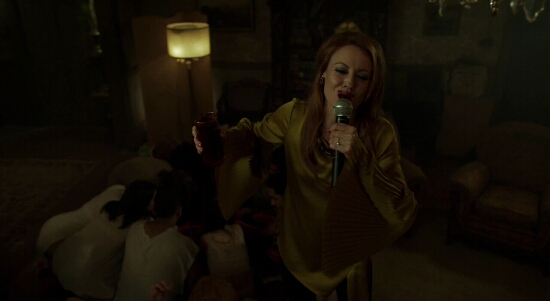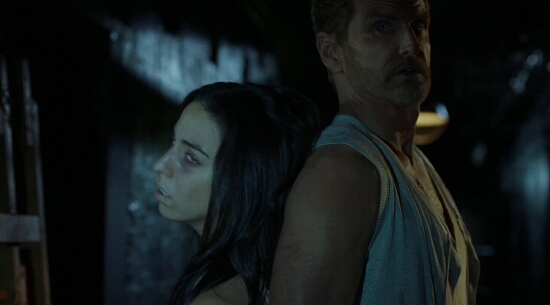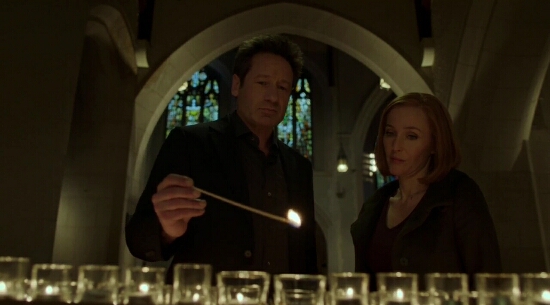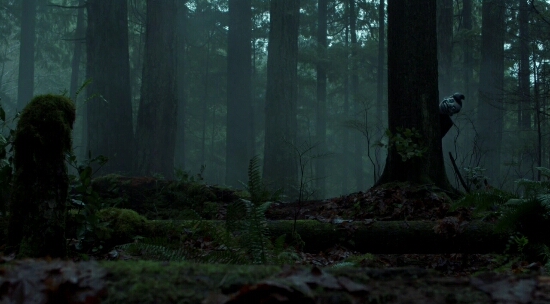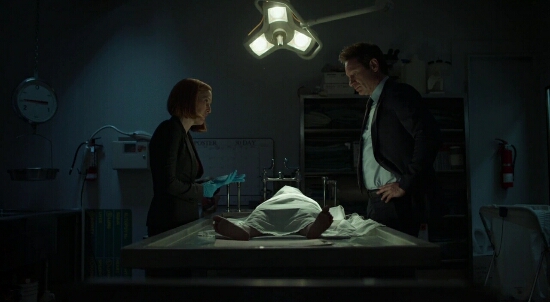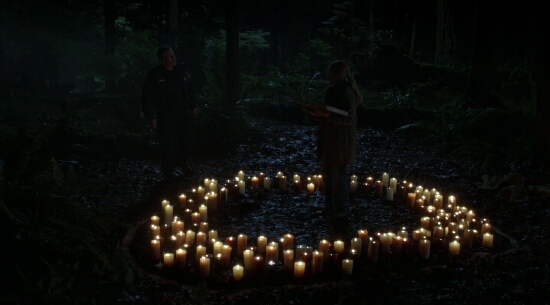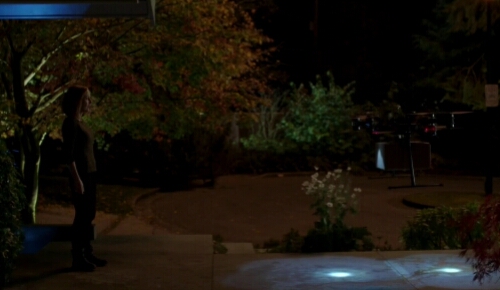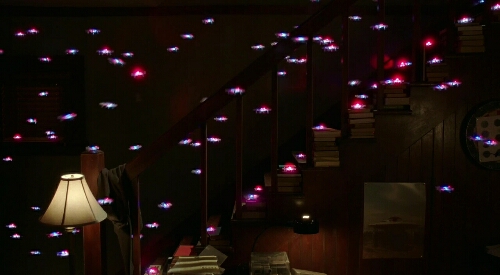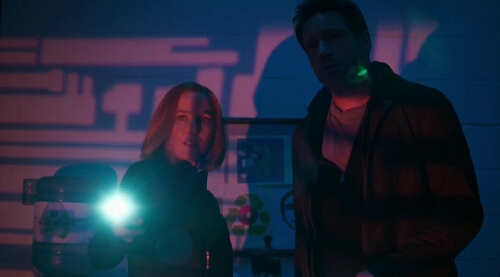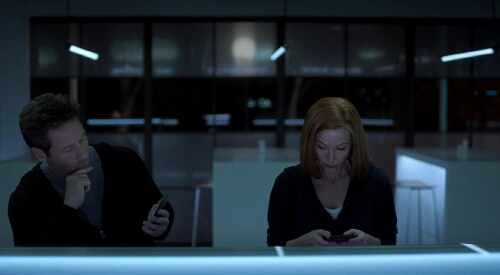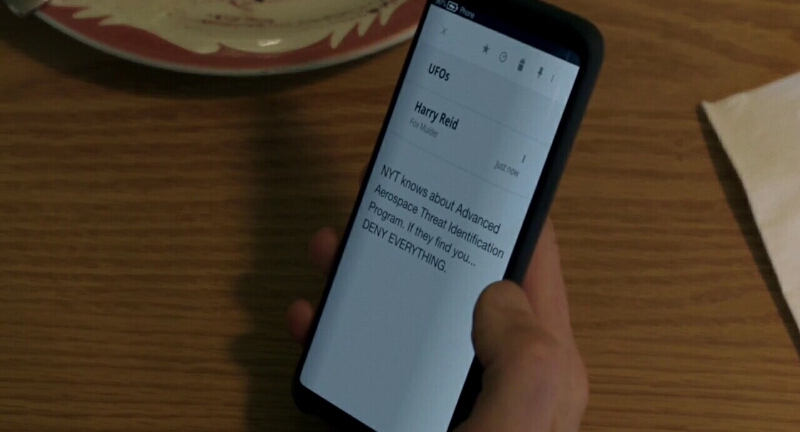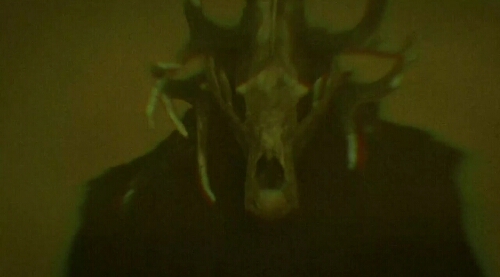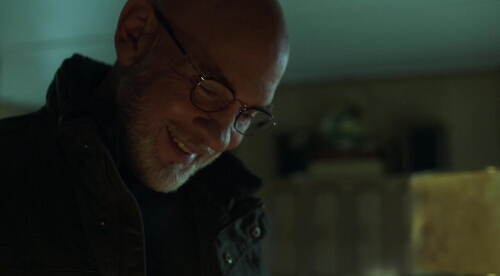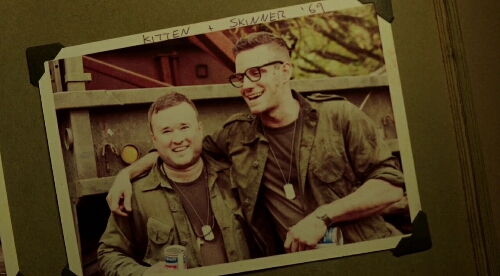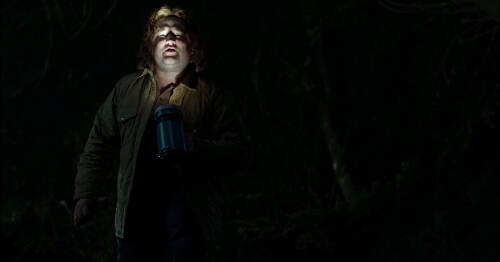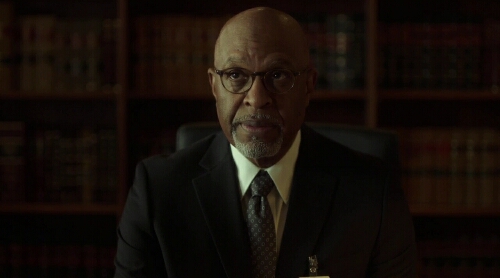‘Perihelion‘, by Claudia Gray, Hyperion Avenue (an imprint of Disney Publishing), 2024
<rant>
Before I say anything about this novel, and this is completely independent of the novel’s qualities, I must add a disclaimer. I am much less emotionally involved with TXF than I was in the past and my level of excitement for anything new has dropped accordingly, however I will try to address what the novel attempts to achieve as objectively as I can. I’m considering anything past season 7 as bonus material anyway; and if s8 was like the “Extended Edition” and s9 was like cut scenes and IWTB was DVD extras, then s10-11 were like the making of of the making of in terms of importance. I enjoy new things and past passion still drives me, but it’s not what it used to be. Let’s just say that I’m more interested in things that have something to say and then end, and leave it at that. And now that I’ve done spilling my negativity, let’s move on to the novel.
</rant>
There will be spoilers.
“If the last thirty years of my work have taught me anything, it’s that evidence…evidence is irrelevant.”
This novel is different from all the preceding TXF novels in that it’s the first one that takes place specifically in-continuity and continues the storyline. All the previous novels (the 1990s novels, the short story anthologies) were stand-alone investigations taking place during the show’s run, or at least had no ambition to build their own mythology. Claudia Gray attempts what Joe Harris did with his Season 10 comics in 2013 — which were also blessed by Chris Carter with the holy status of being “canon” (literally canonized), until that was rescinded when the live revival happened.
For certain, the novel takes place in our times. There are discussions of plenty of start-ups, there’s a non-binary nurse, there are several jabs at the era of disinformation and of Trumpian post-truth. It’s been a record six years since Scully announced she was pregnant; with references here from 2018 (‘Where the Crawdads Sing’) to 2022 (‘Star Trek: Strange New Worlds’) it’s hard to tell when the story exactly takes place, which is a bit frustrating. The timing of the revival itself was very problematic as it seemed to be taking place when the episodes aired, internal timing be damned.
Claudia Gray, an ex-TXF-fanfic writer and better known for her Young Adult novels, knows her stuff! There are a *lot* of references to past episodes and cases. Reading her Acknowledgments, you can tell she is clearly a fan, and one can only be happy for her. Actually, there are so many references to the series and the plot is so closely tied to the revival that one couldn’t recommend this novel to a casual fan: this is for the hardcore audience who still want more (and I suppose that sales figures will reflect that).
There are a couple of nice jokes at the show’s expense (and at Carter?). Mulder muses that “we’re overdue for an update” on their FBI badge photos, it must refer to the opening titles remaining the same even in the revival. Scully’s thoughts that Doggett was OK but that the X-Files was really Mulder and Scully was something we heard from many producers for the show’s thirtieth anniversary. (Oddly enough, absolutely no mention of Reyes: is she kept for a future appearance, with a shock survival?)
“Just because I can endure trauma doesn’t mean I should.”
The novel has to deal with plenty of the baggage left over from the last finale (11X10: ‘My Struggle IV’) and that’s no trivial matter. It’s not the novel’s fault that much of the situation and focus was preposterous — an a priori baseless rejection of William as not their child, a second pregnancy shocker that repeats earlier situations but at a much more advanced age, a tabula rasa of the mythology with plenty of characters ending up dead (?). Instead of side-stepping things, the novel chooses to deal with all of it head-on, and hats off for even attempting that! In parts, this novel feels like proper closure from the frantic ‘My Struggles’ events, if Carter and the show had dedicated the proper time to the characters’ emotional lives instead of car chases. The novel stands as an epilogue to the revival series, leaving the lead characters to a much better emotional place than in the start (the titular perihelion, like day follows night). Things could even end there, as far as Mulder and Scully’s journey are concerned. But that’s not the only thing the novel is doing, and we’ll come back to that.
“I resent that so much of my life journey–even as an FBI agent–is tied to my maternity. It is not the whole of my self, not the sole governor of my fate.”
Much of ‘Perielion’ is Mulder and Scully’s internal thoughts, about themselves, their relationship, their complicated lives, their many traumas. As a plot-driven show, this was rare in the series, and we only got glimpses of this in monologues that became a staple of the show (‘Memento Mori’, ‘Redux’). The open discussion of their relationship is something that was atypical of the series until ‘I Want To Believe’. This being a gap to fill, it was also the typical focus of much fanfic, and this novel does feel like it at times — and this is meant in a good way. The prose is competent, the characters feel alive, the sections flow well from one to the other, the whole package is very professional and satisfying to read. Yes, the writer is a woman, and you can’t help but noting that given how much better everything around the issue of medical rape is treated here.
“William was an experiment. He was never Mulder’s. He was barely mine.”
The novel spends much of its page count showing Mulder and Scully dealing with the trauma and the consequences of the things that happened to them. ‘My Struggle IV’ was an extreme example of both emotional trauma and of absurdly little time dedicated to its aftermath. The novel’s role as the opportunity to debrief, open up, confront and move on is very, very much welcome (although a bit repetitive at times). The novel clarifies that Scully’s rejection of William as their son was a way for her to rationalize her shock at learning that he was the product of the Cigarette-Smoking Man’s experiments. The novel’s denouement nicely brings about Scully having to confront her anger at this situation, enabling her to start thinking about William again in a saner way.
The novel does comment on the absurdity of Mulder and Scully being flatmates intending to co-parent at age above 50. This is in continuity with IWTB and the revival, which had them becoming more distant because of Mulder’s depression from being away from his life’s goal, the X-Files. There’s something very sad about these two people at this stage of their life, with so much common past and common loss, still struggling to find a balance with each other so that they can be young parents as if they were twenty years younger. But this is where the story has brought these characters, and, again, ‘Perihelion’ has to deal with the status at the end of s11.
“William, her son, the one she had prayed for every night for so many years, the product of a vicious experiment by a vicious man, but still her son, the son she had lost for good, always and forever hers–“
‘Perihelion’ walks back on some big and controversial events of the ‘Struggle’ episodes. The CSM pretended William was his son, and this oral revelation was relayed from Skinner to Scully — all this was just hearsay, but the characters treated this as truth. Again through hearsay, Scully is told that the CSM was not William’s father but that he was “just” responsible for her being able to conceive. This mitigates somewhat how awful Scully feels about the whole affair. This medical operation on Scully looks like it happened during ‘En Ami’: she is found to have “new” DNA as young as a baby’s (long telomeres) and hence able to create new eggs (gametogenesis), which ties in with that episode’s tale of technology that cures all disease and makes an elderly woman live even longer. It also ties in with the joke turned fan theory turned near-canon of Scully being immortal.
That’s in-universe justification enough for how Scully could get pregnant at age 50something. It also sets up the same type of fears that the baby might have superpowers and be the subject of experiments as seasons 8 and 9, and I don’t know if I’m interested to go throught this again.
(For what it’s worth, William not being genetically the CSM’s son does contradict established canon, as William’s monologue and visions in ‘My Struggle IV’ clearly established that the CSM was his father, whatever Carter might say in interviews. And let’s not even mention how we should believe that Scully never did genetic tests on William during her pregnancy and after; while here Scully diligently does checks on her new embryo.)
To top it all off, we also get confirmation that the CSM is finally dead for good now (yet still able to influence things in this world even beyond the grave, in one of the novel’s most successful scenes, the channeling! I hope that was a one-off, though, let him rest) and Scully gets a hint that William is still alive (setting up a potential healing reunion later on).
“The truth is still out there, Scully, but now, so is everything else”
But showing us Mulder and Scully building a hopeful future for themselves, as if this were an epilogue, is not the only thing the novel does. It also restarts the concept of ‘The X-Files’ and essentially consists in the first of an open-ended series.
Any continuation of an established precedent has to play a balance game between reusing familiar elements and proposing something new. This novel is no exception: there’s plenty of TXF staples throughout. The thing is, over the past 10 years, between the IDW S10/11 comics continuation and then the revival, this is the third soft-reboot that we get and it’s unavoidable to feel the repetition.
Again, Mulder and Scully return to the FBI as agents after their suspension in ‘My Struggle IV’. That pause had lasted just a few weeks, but it feels as if they are returning after many years (which have actually passed in our world). They’ve been bought by Disney, and so the FBI can’t get rid of them! Again, they answer to an Assistant Director of ambiguous loyalties who is pressured by a mysterious figure — who thinks that whatever Fox Mulder (and *not* Dana Scully) does is very important. Again, like in IWTB, Scully is concerned that Mulder would be consumed by the work and only worries about him, again leaving a better job in medicine for the X-Files. Mulder gets a new informant and the Syndicate is replaced by another group, the Inheritors.
All of this is familiar ground. Maybe too much so. The novel both doesn’t shy away from the oddity of a 50+ year old pregnancy, but also doesn’t think twice of two 50+ year olds returning to FBI service as field agents, when normally at this age they wouldn’t be accepted. Independent private consultants would have been a much more realistic depiction; they could even be the ones training the actual FBI field agents. But it was more important not to change something as fundamental to the brand as ‘a couple of FBI investigators’. It’s 2024, but it will always be 1995.
“Chaos is coming, and the Inheritors have decided that if they can’t govern it, they can at least profit from it”
The neoSyndicate, the Inheritors, looks as if it’s operating out of the same office in that skyscraper in New York City. It is but one of the groups that fill the power gap left by the Syndicate (but those events were over 20 years ago!) and by the carnage of ‘My Struggle IV’. Previous incarnations gave the conspiracy a motivation that tried to feel more of its time: see for example in Harris’ comics the Glasses-Wearing Man’s obsession with news streams and manipulation of public agencies via subsidiaries of subsidiaries; or in the revival the digitalization of the X-Files archive and the prevalence of international private security firms). For the Inheritors, gone are the days of the grand Project and of great idealistic words like “Resist or Serve”: this new group just wants…money, more of it, and what creature comforts it can buy. There’s little allegory I can see in this novel, but if ‘Perihelion’ has anything to comment about our world, is that we really are in late-late capitalism.
“The entire world is about to be an X-File”
The novel slips into case file mode for a bit — there are some welcome chapters of actual investigation, profiling, paper trail, the bread and butter of early seasons that progressively disappeared in the later seasons. Sadly, it vanishes all too quickly when the case proves to be just a pretense for introducing Scully’s new superpowers.
‘Perihelion’ presents us with a fast-changing world. Like in the revival, the aliens are nowhere to be seen, but humans tamper with alien biology and technology. Alien DNA spread in the general population is resulting in people developing supernatural abilities, and forming a sort of community of X-Men. This comparison is inevitable — not only was this discussed during the revival, with the children in ‘Founder’s Mutation’ and William’s ghouli.net musings of joining a group of youngsters similar to him, but ‘Perihelion’ is actually explicit, comparing one of them to an X-Men mutant (Nightcrawler). This continues themes introduced way back in ‘The End’, with Gibson Praise developing paranormal abilities thanks to alien DNA, as this was possibly the explanation behind all the X-Files cases. It’s not clear at all when this new wave of mutations started, whether this was the Syndicate’s or the CSM’s initial goal, whether this is the result of ‘My Struggle II”s Spartan virus or of something else… At this point, the mytharc has become such a palimpsest that even canon works (and this reviewer) no longer try to join the dots.
There is zero mystery or subtlety here. Scully sees the mutants and their superpowers (teleportation, levitation). We are told exactly what the Inheritors want barely after they’re introduced. We hear ‘alien DNA’ sufficient times to stop wondering about specifics and believe it’s synonymous to magic. Everything is super-transparent and specific and *named*. The fact that Scully herself develops ‘D.P.O.’-like superpowers doesn’t help to swallow the pill (again, when did that happen to her? around ‘En Ami’? back when William was conceived? more recently? why does it only manifest now? is the embryo actually responsible?…). And who knows what superpowers will Skinner have once he recovers. All of this continues even more strongly the latter-seasons’ tendency to make the mythology about the protagonists themselves instead of being something the protagonists discover.
This is a natural evolution of the XF mythology endgame, sure, but this new level of pulpiness is jarring. It is also world-changing. Up to now the X-Files world was one just like our own but with plenty of unbelievable things going on right under the surface. With this wave of mutants and with scientists all over the globe identifying the mutations, the X-Files world becomes something different, other, a very clearly fictional place. The mythology progresses, but verisimilitude is lost.
At the risk of nit-picking, what also bothered me was how explicit, again, everything was regarding the Syndicate. The word ‘Syndicate’ was hardly ever mentioned in dialogue throughout the series’ 11 seasons (I counted: 4 times, and only starting in season 6, ‘Two Fathers’); it mostly went by unnamed, adding to its mysteriousness and pervasiveness. Here, Mulder and Scully are shown to know the names and professions and exact associations with the Syndicate of many operatives, which hints at knowledge they were never shown to have in the series. The CSM’s real name, revealed in ‘My Struggle III’, is repeated so many times that one can’t help but think that this old guy Carl must not have been so bad after all and we were just gaslighted into thinking he was powerful.
“The truth has its own value. Our work saved lives, and gave validation to many people who badly needed it. That’s what we have to remember.”
The couple learn that Scully is expecting a girl. Gray had included a child of Mulder and Scully in her fanfic from all the way back to 1995 when season 2 was airing (“Guardian“, Spooky Award winner!); if it’s any indication for a follow-up novel, the child then was a girl and her name was Rebecca!
Between the new pregnancy and the case file of a serial killer targeting pregnant women, that’s a lot of obsessing about procreation, which follows on the latter season’s mythology. Now that Gray has dealt with all of the mythology leftovers, she might develop her own storylines expressing her own interests. I’m not sure I like her direction for the mythology, but I like her Mulder and Scully.
Obviously, this sets up a sequel or series of follow-up novels — by now, this is standard practice for tie-in merchandising of a big brand owned by the largest entertainment company of the world. As Claudia Gray is also involved in writing tie-in novels for another big Disney property (Star Wars), I can see her writing several of these TXF novels in the future. Besides, it’s quite clear by now that no further Carter/Duchovny/Anderson TXF will be happening, and that any talk of a reboot (with potential Duchovny/Anderson cameos) has been premature: the path is clear for one of these novels popping up every year for the foreseeable future, building their own continuity, as long as they sell enough.
